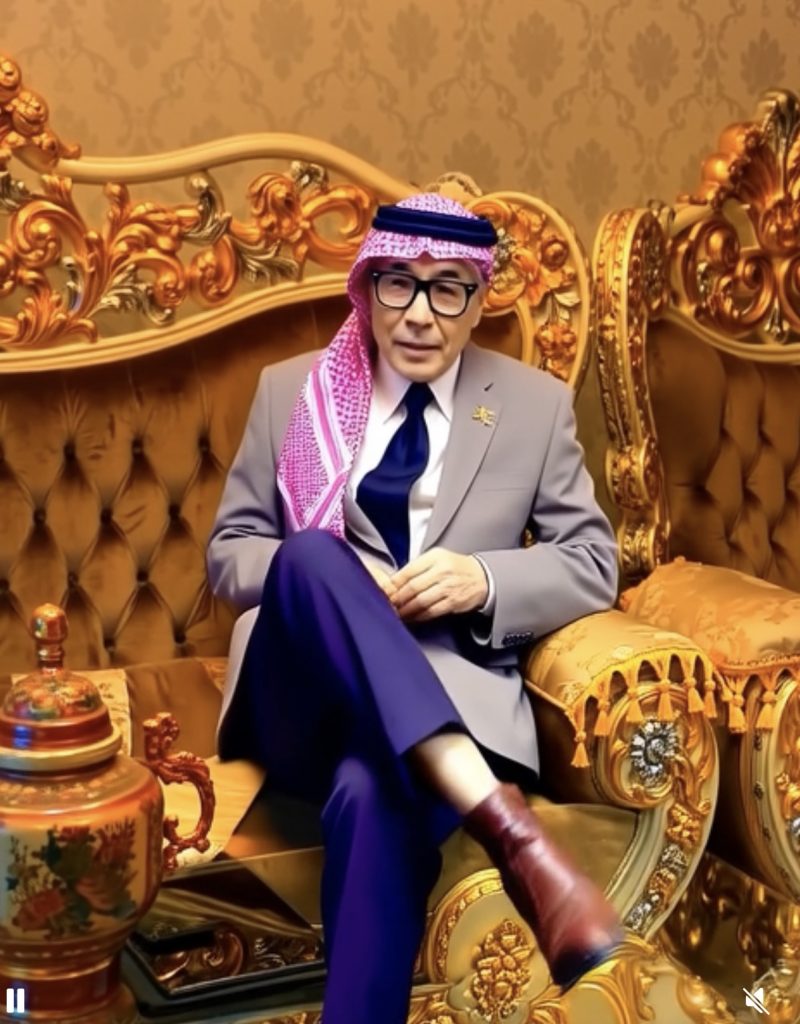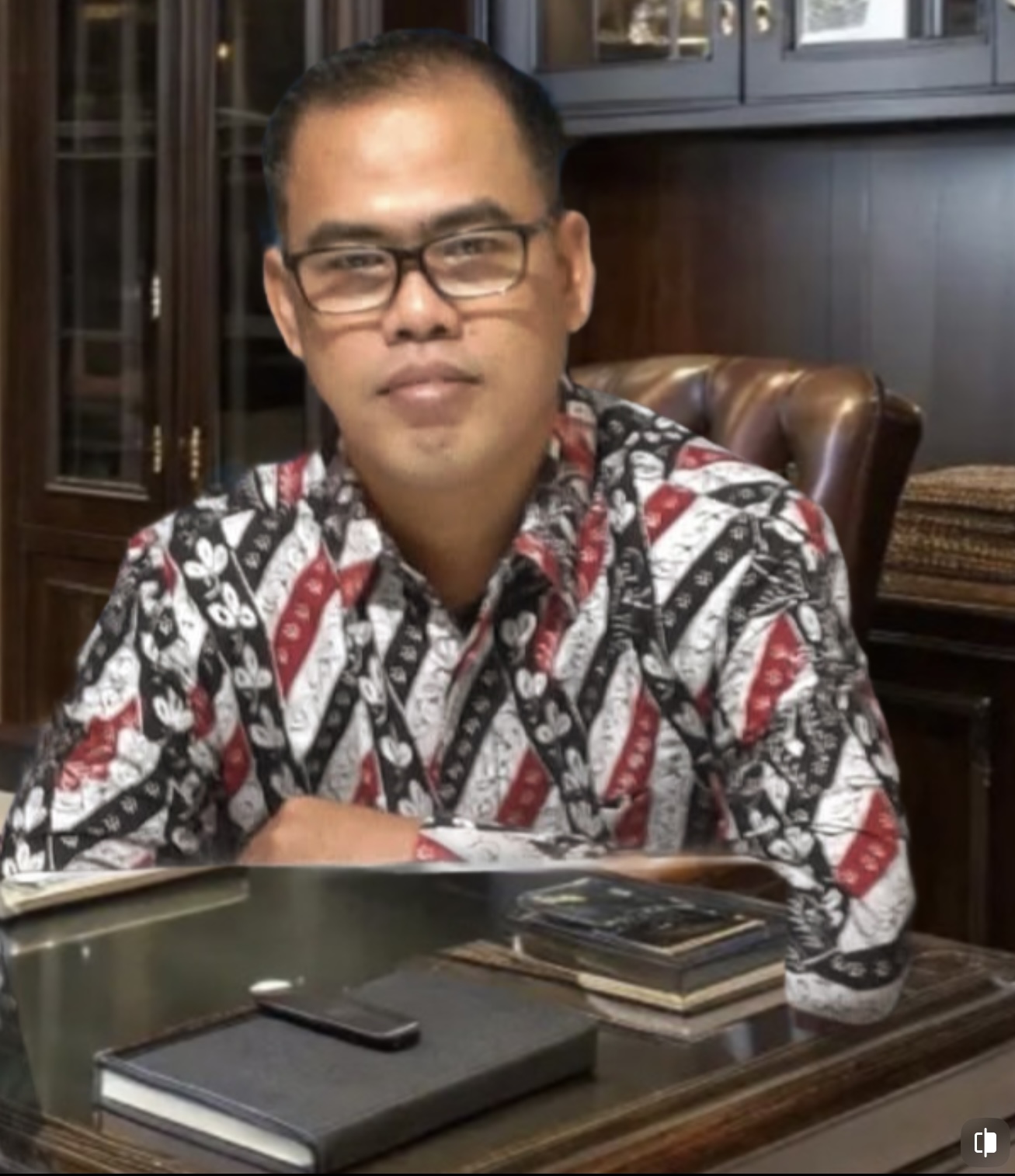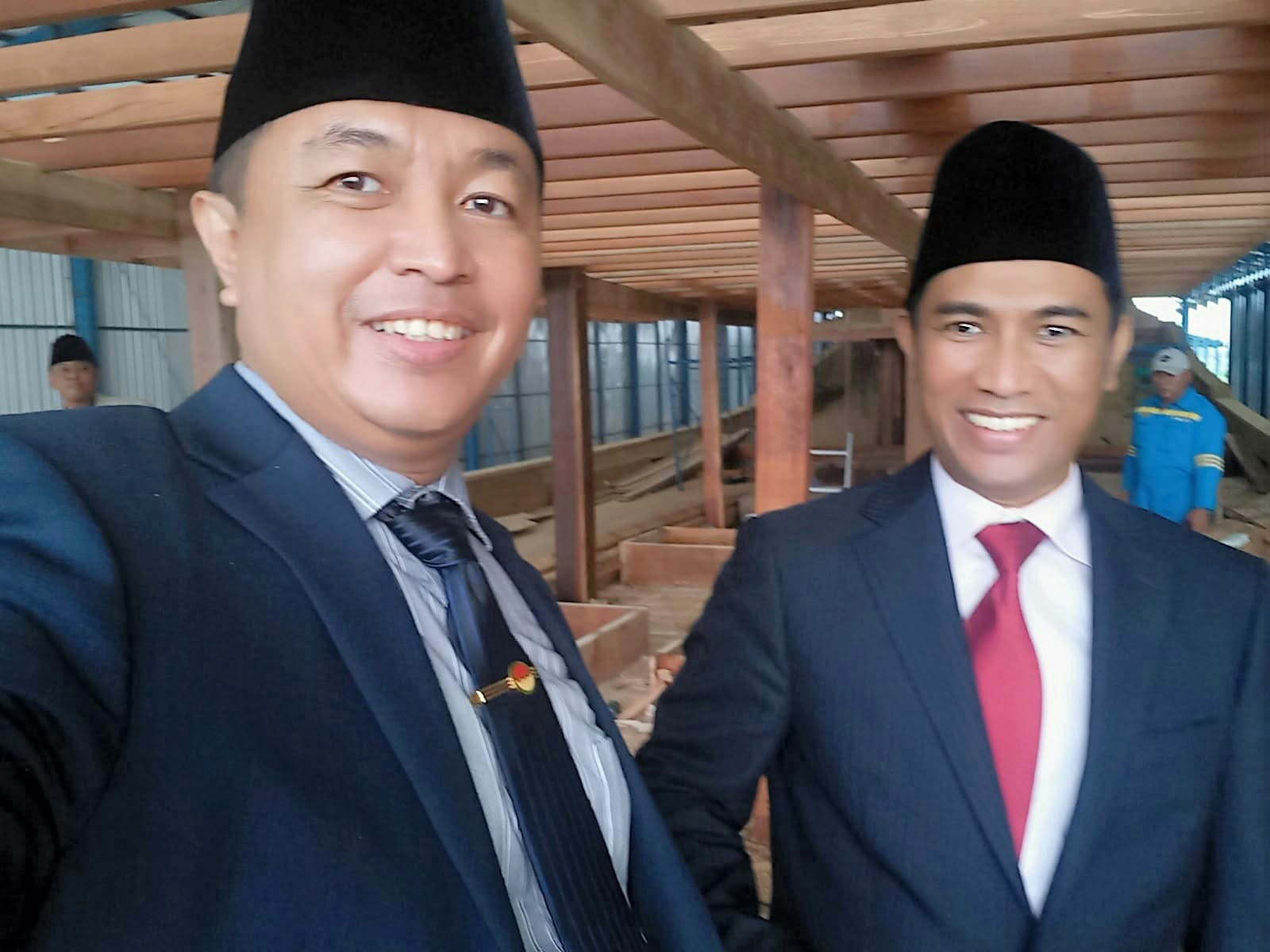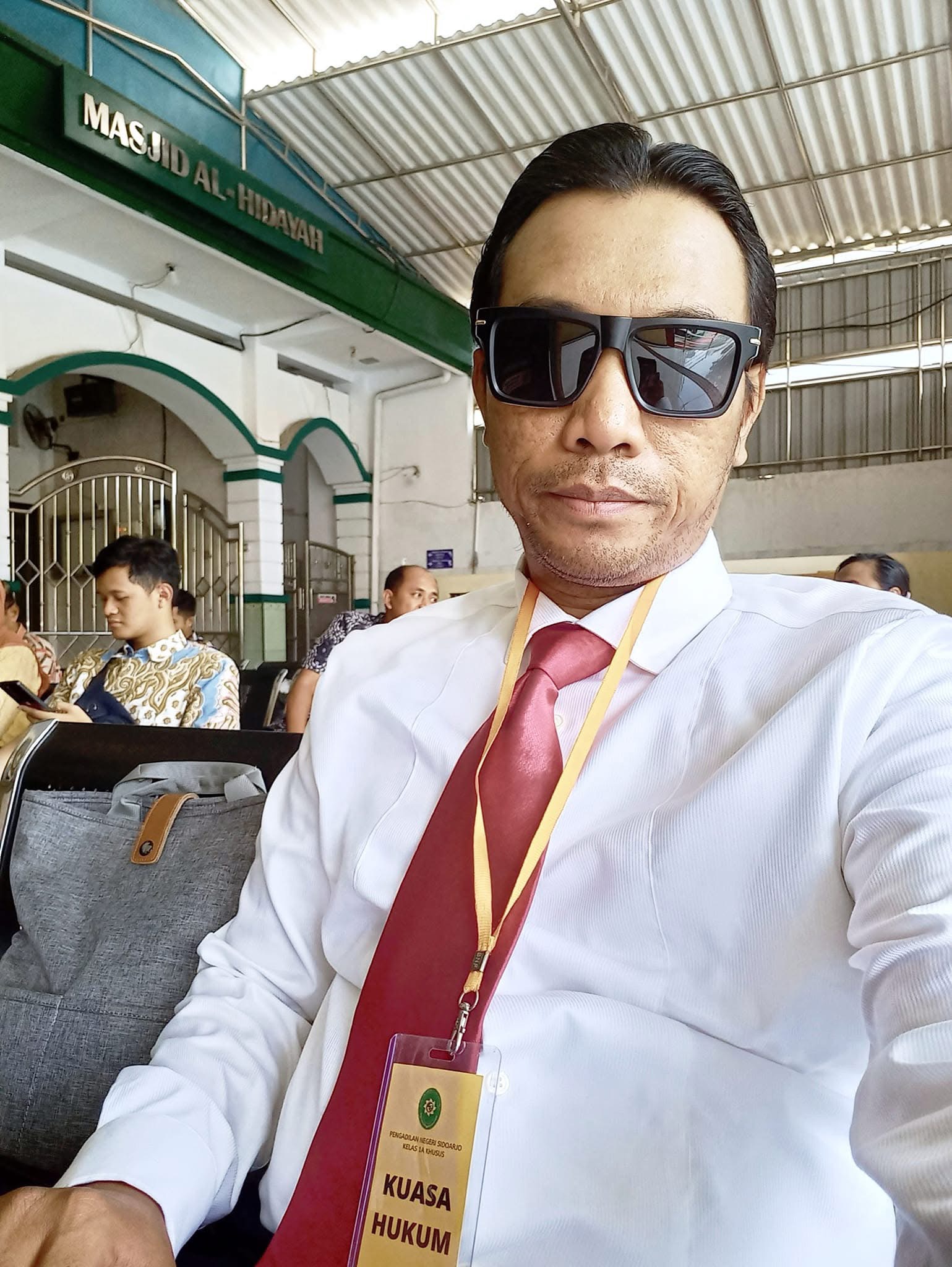Arab and Muslim Summit: A Timely Correct to Unites
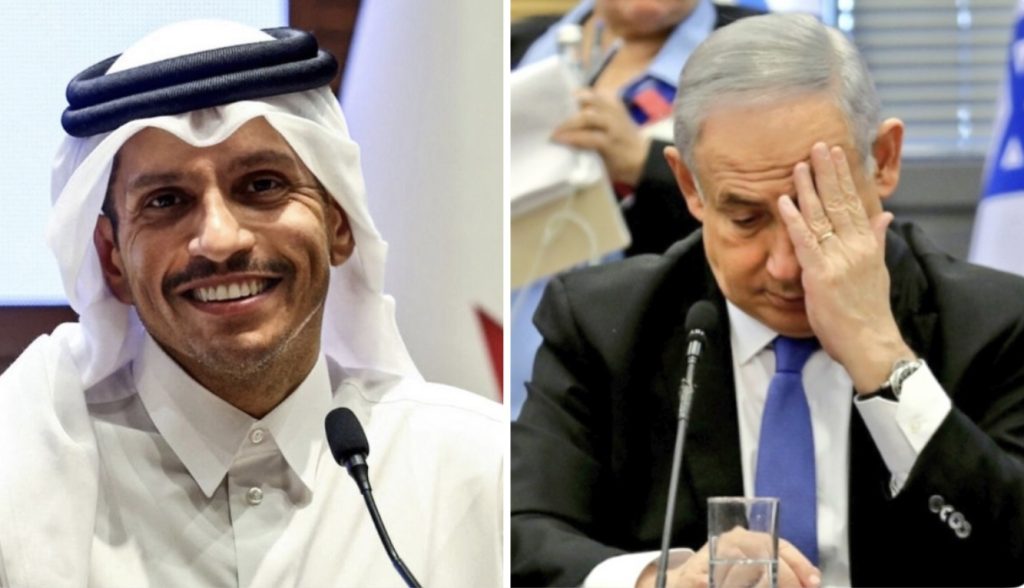
By;
Yayasan pendidikan Indonesia
Special consultative status in ECOSOC
United Nations
Introduction
In a region often marked by division and external pressures, the 2025 Arab–Islamic Extraordinary Summit, held on September 15, 2025, in Doha, Qatar, emerged as a powerful testament to the necessity of unity among Arab and Muslim nations.
Convened jointly by the Arab League and the Organisation of Islamic Cooperation (OIC), this historic gathering of over 50 leaders from Arab and Muslim-majority countries was both timely and correct in its urgent push for solidarity.
Triggered by an audacious Israeli airstrike on Qatari soil, the summit underscored the critical need for a cohesive response to escalating regional threats and reaffirmed the collective resolve of Arab and Muslim states to chart their own path forward.
A Crisis That Demanded Unity.
The summit was called in response to an Israeli airstrike on September 9, 2025, targeting senior Hamas leaders in Doha during U.S.-backed Gaza ceasefire negotiations. The attack, which killed at least six people, was widely condemned as a violation of Qatari sovereignty and a breach of Gulf Cooperation Council (GCC) airspace.
Coming amid the ongoing Gaza conflict—now in its second year since October 2023—and faltering normalization efforts like the Abraham Accords, the strike heightened fears of a broader regional war. Qatar, a key mediator in Gaza talks, swiftly mobilized the Arab League and OIC to host this emergency summit, signaling that such aggression could not go unanswered.
The timing was critical. Just days after the attack, and as Israeli operations intensified in Gaza City (killing dozens on September 16), the summit provided a platform for Arab and Muslim leaders to confront the crisis head-on. It bridged longstanding divides—Sunni and Shia, Arab and non-Arab—bringing together nations like Saudi Arabia, Iran, Pakistan, Turkey, and Malaysia in a rare show of unity.
A Unified Voice in Doha.
Chaired by Qatari Emir Sheikh Tamim bin Hamad Al Thani, the summit opened with a powerful call for “Muslim unity as one body,” rooted in shared values and mutual defense. Leaders condemned the Doha strike as a “cowardly” escalation and described the Gaza war as a “campaign of extermination” against Palestinians. The tone was resolute yet pragmatic, with much of the discussions held in closed sessions to strategize concrete responses.
Key voices shaped the narrative:
- Iran’s President Masoud Pezeshkian urged severing diplomatic and economic ties with Israel, emphasizing “concrete measures” over symbolic gestures.
- Pakistan’s Prime Minister Shehbaz Sharif proposed suspending Israel from the UN and forming an “Arab-Islamic task force” to enhance regional security, showcasing Pakistan’s growing role despite its non-Arab status.
- Malaysia’s Prime Minister Anwar Ibrahim stressed the need for a “clear roadmap” to address security threats, warning that empty gestures would not suffice.
- Saudi Crown Prince Mohammed bin Salman and other GCC leaders expressed frustration with U.S. “safety guarantees,” hinting at exploring alternative partnerships.
The presence of 57 OIC member states, including non-Arab powers like Turkey and Pakistan, underscored the summit’s inclusivity. Side meetings, such as Sharif’s talks with Pezeshkian on Iran-Pakistan border cooperation, highlighted behind-the-scenes diplomacy to strengthen regional ties
Outcomes: A Step Toward Collective Action.
The summit’s final communiqué outlined actionable steps to address the crisis:
- Reassessing Ties with Israel: Leaders called for a review of normalization agreements, citing Israel’s “hostile acts” as a threat to coexistence.
- Strengthening Collective Security: Proposals included a joint Arab-Islamic task force, trade restrictions leveraging sovereign wealth funds, and enhanced border cooperation (e.g., between Iran and Pakistan).
- Solidarity with Qatar and Palestine: The summit expressed
unwavering support for Qatar’s sovereignty and Palestine’s cause, urging UN intervention to address Gaza’s humanitarian crisis.
While the draft resolution’s tougher language on breaking ties with Israel was softened to accommodate differing views, the unified stance sent a clear message: Arab and Muslim nations are prepared to act collectively against external aggression.
Why Unity Is Timely and Correct.
The summit’s timing could not have been more apt. The Doha attack exposed the fragility of regional security and the limits of reliance on external mediators like the U.S. By uniting Arab and Muslim leaders, the summit countered narratives of disunity that have plagued the region for decades, from proxy conflicts to competing economic interests.
It revived the OIC’s 1969 founding spirit—solidarity in the face of threats to Muslim interests—and bridged divides between Sunni and Shia powers, as seen in the Saudi-Iranian presence.
Critics may argue the summit was a “tempest in a teapot,” with no immediate radical actions like full diplomatic ruptures. However, its focus on practical measures—financial leverage, security task forces, and coordinated diplomacy—marks a shift from rhetoric to action. In a region exhausted by stalled peace processes, as Syrian President Bashar al-Assad has previously noted, this unity offers a deterrent against further escalations and strengthens mediation efforts for Gaza.
Looking Ahead.
The 2025 Arab–Islamic Extraordinary Summit was more than a reaction to a single airstrike; it was a clarion call for Arab and Muslim nations to reclaim agency in a turbulent region.
By fostering dialogue across divides and laying the groundwork for collective security, the summit proved that unity is not only timely but essential for addressing shared challenges.
As the Gaza conflict rages and regional tensions simmer, the Doha gathering may well be remembered as a turning point—a moment when Arab and Muslim leaders chose solidarity over division, action over inaction, and a shared future over fractured pasts.

